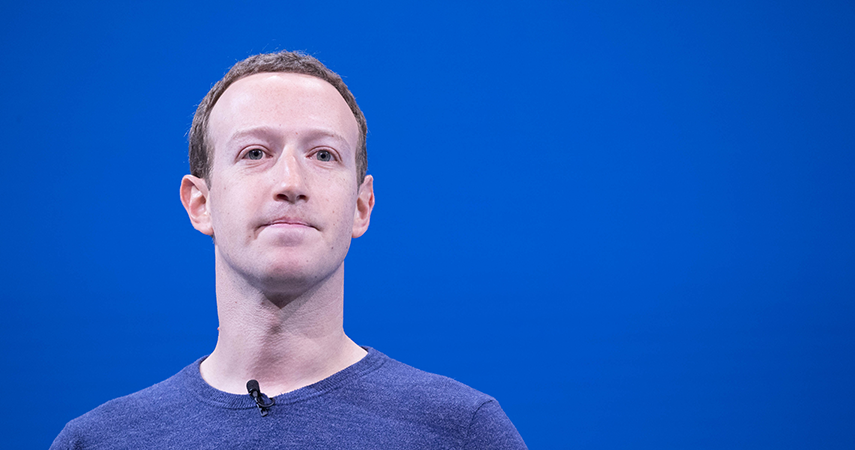AI: Facebook could soon read your mind with their new device

Facebook is making their first foray into highly advanced wearables which read brain waves, hot on the heels of the recent announcement of Elon Musk’s Neuralink.
It’s a dream many have, to control the external world with internal thinking. Imagine turning on the television or messaging a family member with your mind. Simple tasks made easier. It sounds a lot like science fiction, but this isn’t the telekinesis of Stranger Things: it’s a reality.
Of course, the positive benefits go beyond making simple things simpler. It presents a realm of possibilities for those with disabilities or speech impairments, not to mention applications in the medical sector or even entertainment.
In 2017, Facebook announced that it was looking to develop a “fully non-invasive, wearable device” which used machine-learning algorithms to turn brain activity to speech, at approximately 100 words per minute.
Now the tech giant’s research is well underway with Facebook Reality Labs working alongside scientists at the University of California San Francisco, who are making significant progress in their research.
How does Facebook’s device work?
Electrodes, called ECoG arrays, are temporarily placed onto the brains of volunteers. In this study, those taking part were epilepsy patients undergoing surgery. The subjects were asked simple questions read from a list.
One question was “From 0 to 10, how much pain are you in?” The system could then detect in the subject’s brain both the question and the answer, with an accuracy rate better than pure chance. 75% of the time the algorithms correctly identified the question. The answer was understood in 61% of instances.
Another question asked was about their favoured musical instrument. The machine recognised the brain-wave patterns for the words “piano” and “violin”.
“Speech is not something that occurs in a vacuum,” Prof Eddie Chang said, “any attempt to decode what patients with speech impairments are trying to say will be improved by taking into account the full context in which they are trying to communicate.”
This context, given by the device recognising not only the answer but the question as well, could go a long way towards providing a more advanced version of current tech. Presently, many devices offering a solution to those with speech impairments or disabilities work through eye or muscle movement. The output is often stunted or impersonal. This could potentially give those who need it a true voice.
Facebook’s involvement opens up new possibilities for thought-to-speech technology, the likes of which we’ve not yet seen.

Will Facebook read your mind without you knowing?
Some companies, like Nurio, are developing similar technologies. In Nurio’s case, however, their device allows for a certain level of privacy as the brain waves aren’t converted into a native language. Instead, it makes generalisations based on patterns in mental activity.
Facebook’s device is much more advanced. There could be a possibility that these wearables could read even more information about a person, such as social media or buying habits. Even more sinister is the notion that one day they could collect our deepest thoughts and feelings.
This technology poses important questions over privacy, which experts in the field believe we should be tackling immediately. Speaking to MIT Technology Review, neuro-ethicist Prof Nita Farahany said: “To me, the brain is the one safe place for freedom of thought, of fantasies, and for dissent.”
The announcement follows Facebook’s recent $5 billion fine over the way they handle user data, the most recent in a long list of which the company seems to be mired in.
Despite constant protestations of how seriously they take privacy, Facebook continues to mishandle peoples’ private and personal information. Can they be trusted?
Rules and regulations must be implemented soon, in order to safely collect, store and use the data collected directly from peoples’ brains, lest it is used to influence, exploit or manipulate people.
